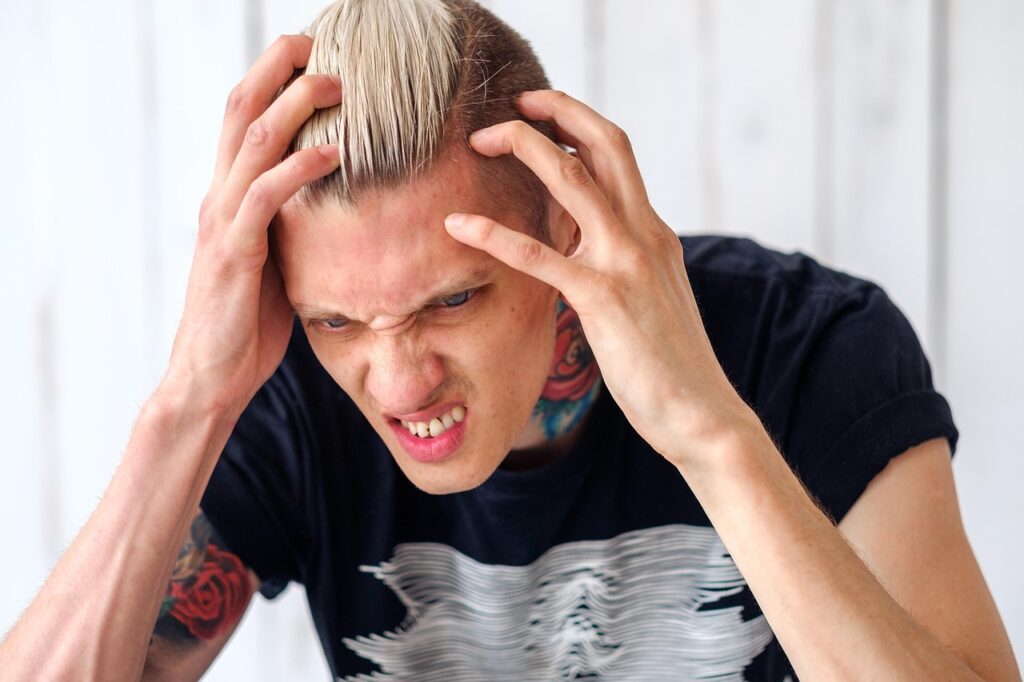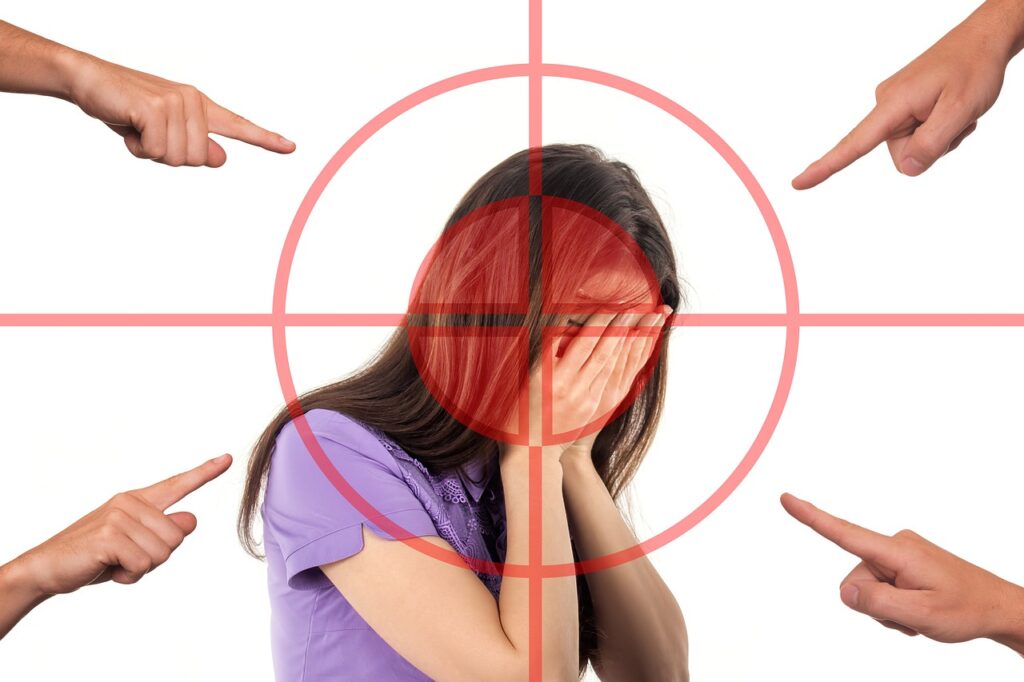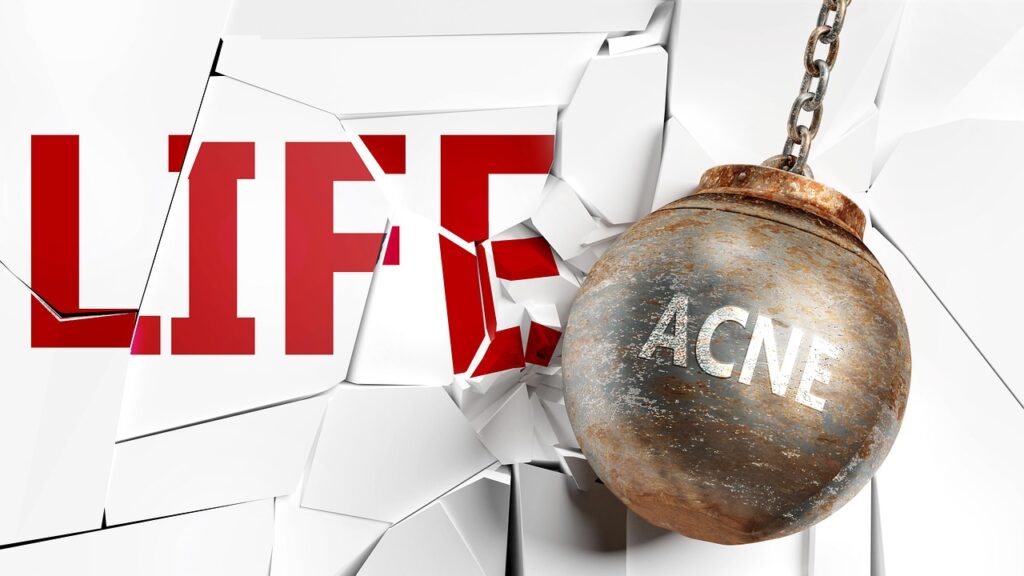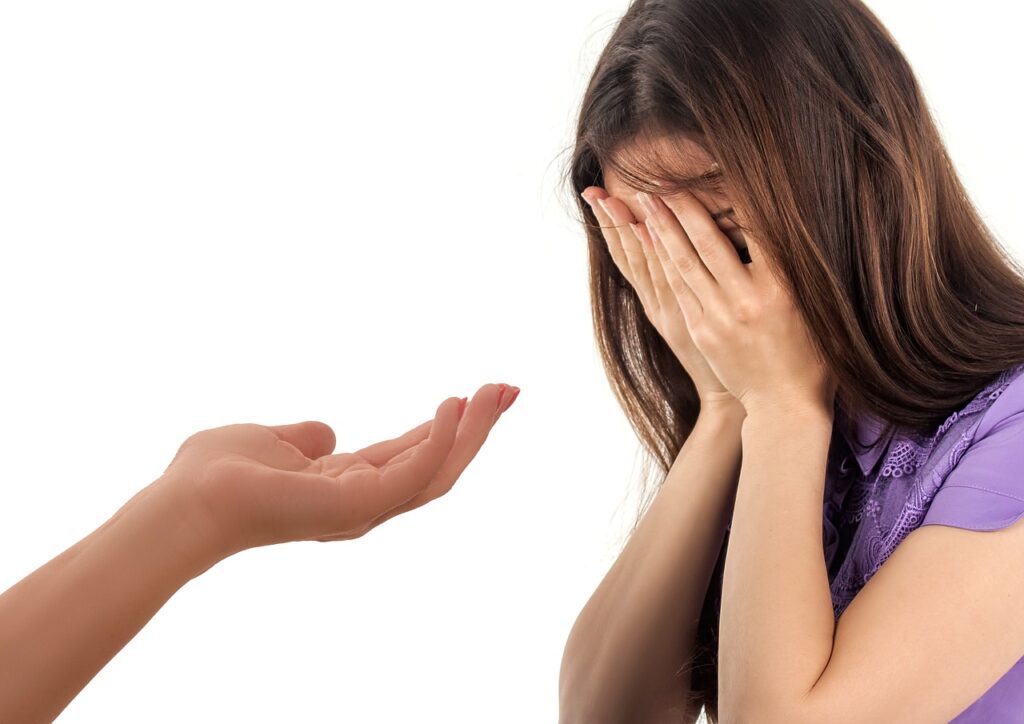Table of Contents
ToggleIntroduction: Understanding
Depression ek aisi mental health condition hai jo millions of people ko affect karti hai worldwide. It’s more than just feeling sad — it’s a persistent state of hopelessness, low mood, and loss of interest in daily activities.
According to WHO, more than 280 million people globally suffer from depression, making it one of the leading causes of disability. Good news ye hai – depression is treatable, especially when identified early and managed correctly.
In this blog, we’ll explore depression ke reasons, symptoms, types, and natural treatments, with special focus on mental health awareness and how to control depression naturally.

According to WHO, more than 280 million people globally suffer from depression, making it one of the leading causes of disability. Good news ye hai – depression is treatable, especially when identified early and managed correctly.
In this blog, we’ll explore depression’s reasons, symptoms, types, and natural treatments, with special focus on mental health awareness and how to control depression naturally.
What is depression?
Depression is a mood disorder that affects how you feel, think, and act. It can interfere with your work, relationships, and daily life
Types of Depression:
Major Depressive Disorder (MDD) – long-term sadness lasting more than two weeks.
Persistent Depressive Disorder (Dysthymia) – chronic low mood lasting for years.
Seasonal Affective Disorder (SAD)—depression during certain seasons, usually winter.
Postpartum Depression—occurs in women after childbirth.
| Type of Depression | Duration | Symptoms | Common Treatment |
|---|---|---|---|
| Major Depression | 2+ weeks | Hopelessness, fatigue, sleep issues | Therapy + Medication |
| Persistent Depression | 2+ years | Low energy, sadness | Counseling, lifestyle change |
| Seasonal Depression | Seasonal | Lethargy, mood swings | Light therapy |
| Postpartum | After childbirth | Irritability, crying spells | Counseling + Support groups |
Difference Between Depression and Anxiety
While depression and anxiety are often linked, they are not the same.
Depression makes you feel low and demotivated.
Anxiety creates excessive fear or worry

Example:
A person with depression may not want to get out of bed. A person with anxiety wants to, but feels paralyzed by fear.
Both can co-exist which is called mixed anxiety-depressive disorder
Common Depression Symptoms
Recognizing early signs of depression is crucial for treatment.
Emotional Symptoms:
Feeling sad, empty, or hopeless
Irritability or anger
Loss of interest in activities
Physical Symptoms:
Fatigue or low energy
Changes in appetite and sleep
Unexplained pain
Behavioral Symptoms:
Social withdrawal
Difficulty concentrating
Suicidal thoughts (in severe cases)
Tip: Agar aapko ye symptoms 2 weeks se zyada dikh rahe hain, consult a mental health expert.
Main Depression Causes
There’s no single cause of depression its a combination of biological, psychological, and environmental factors.

1. Genetic Factors:
A family history of depression increases risk.
2. Brain Chemistry:
Low levels of serotonin and dopamine can trigger depressive symptoms.
3. Hormonal Changes:
Pregnancy, menopause, thyroid imbalance, or stress hormones can affect mood.
4. Environmental Triggers:
Loss of a loved one, job loss, relationship breakup.
5. Lifestyle Factors:
Lack of exercise, poor diet, excessive alcohol or caffeine intake.
Quick Table: Common Causes of Depression
Cause | Description | Preventive Measure |
|---|---|---|
| Genetics | Runs in family | Genetic counseling |
| Hormonal | Chemical imbalance | Regular checkups |
| Stress | Emotional strain | Meditation, therapy |
| Poor diet | Nutrient deficiency | Balanced nutrition |
Depression in Women vs Men
Depression affects both genders, but symptoms can differ.

Factor | Women | Men |
|---|---|---|
| Emotional Signs | Crying, guilt, fatigue | Anger, irritability |
| Biological Factors | Hormonal imbalance | Testosterone imbalance |
| Help-seeking | More likely to seek help | Less likely due to stigma |
In short: Women often experience emotional burnout, while men mask depression with aggression or silence.
Linked Mental Disorders: Bipolar Disorder , OCD and Schizophrenia
Bipolar Disorder: Mood swings from depression to mania.
OCD (Obsessive Compulsive Disorder): Intrusive thoughts, repetitive actions.
Schizophrenia: Loss of touch with reality, hallucinations.

Each of these mental health issues can worsen depression symptoms if untreated.
Natural Depression Treatments at Home
If symptoms are mild, depression can often be managed with simple home remedies.

1. Meditation & Yoga
Meditation reduces stress hormones. Yoga helps balance body and mind.
2. Regular Exercise
Boosts serotonin the “happy hormone.”
3. Healthy Diet
Eat omega-3-rich foods (fish, walnuts) and vitamin D.
4. Journaling & Gratitude Practice
Expressing thoughts helps release emotional pressure.
5. Proper Sleep
Maintain 7–8 hours of sleep daily.
Table: Natural Remedies for Depression
Home Remedy | Benefit | Duration |
|---|---|---|
| Meditation | Calms mind | 15–20 mins/day |
| Yoga | Reduces anxiety | 30 mins/day |
| Nutrition | Boosts mood | Daily |
| Exercise | Increases serotonin | 1 hr/day |
Pro Tip: “Early intervention, optimistic thinking, and a healthy routine can help prevent depression.”
When to Consult a Psychiatrist
If depression persists beyond 2 weeks or interferes with daily life, seek medical help.

Psychotherapy (CBT): Teaches you to challenge negative thoughts.
Medication: SSRIs or mood stabilizers prescribed by professionals.
Support Groups: Sharing experiences can provide relief.
Remember: Seeking help is a sign of strength, not weakness.
Mental Health Awareness Breaking the Stigma
Mental Health Awareness Month highlights the importance of education and acceptance.

Talk openly about depression.
Encourage others to seek help.
Take part in community initiatives.Instead of being taboo, let’s normalize talking about mental health.
FAQs About Depression
Q1. What are the first signs of depression?
A feeling of sadness, fatigue, and disinterest in daily life.
Q2. Can depression be cured without medicine?
Mild depression can be managed naturally through therapy, meditation, and exercise.
Q3. Is depression common in women?
Yes, hormonal changes and social pressure increase risk.
Q4. What is the best natural remedy for depression?
Yoga, sunlight exposure, and omega-3 rich food.
Q5. How long does depression treatment take?
It varies, but consistent therapy and support show results in 3–6 months.
Conclusion
Depression is a treatable condition. Awareness, timely therapy, and lifestyle balance can bring significant improvement.
Your mental health matters; don’t ignore the signs.”
For more helpful articles on wellness and mental health, visit : HealthKit4.com

